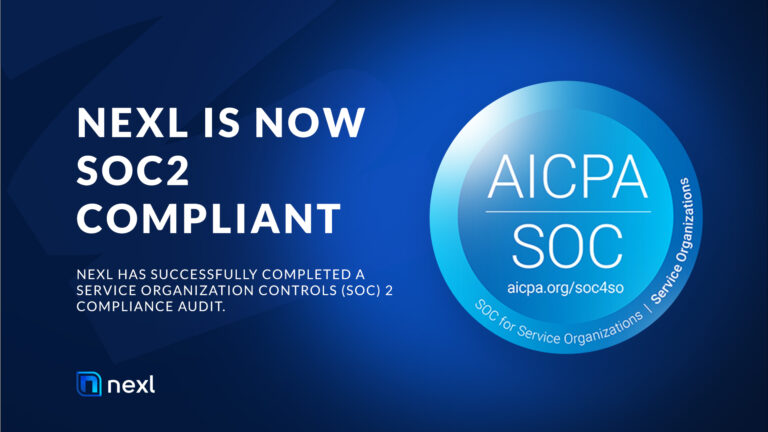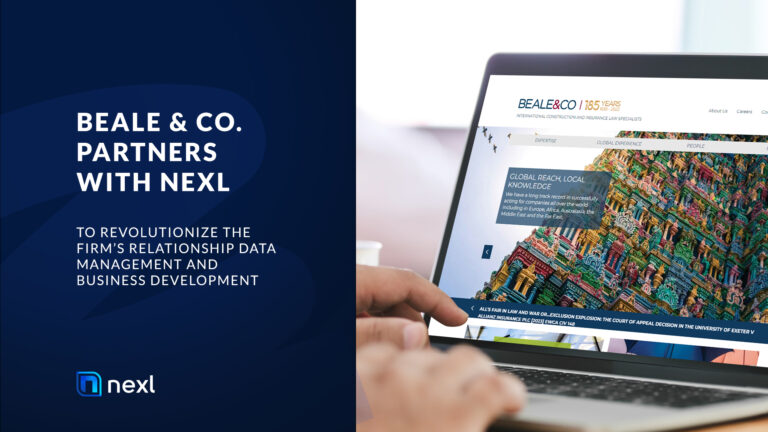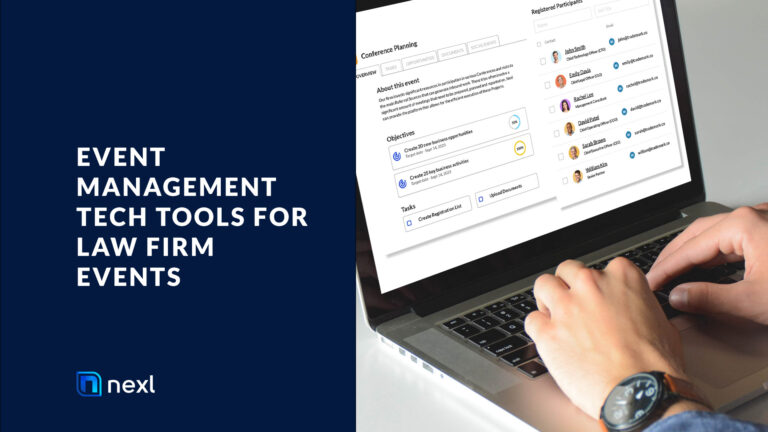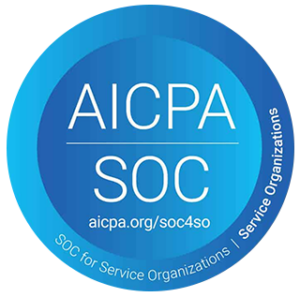The power and capabilities of a well-designed CRM are not new news to us at Nexl—particularly one that reduces the time-consuming task of entering data manually. Some CRMs achieve this data entry reduction through a process known as “signature scraping.” In this article, we will analyze both the risks and benefits of signature scraping, whether it is ethical for law firms, and what alternatives are available. In today’s article we will examine:
1 – What is Signature Scraping?
2 – What are the Benefits of Signature Scraping?
3 – What are the Risks of Signature Scraping?
4 – What are the Alternatives to Signature Scraping?
5 – Is Data Enrichment As Powerful As Signature Scraping?
What is Signature Scraping?
Signature scraping is a technology that quietly scans emails to pull out essential contact information from email signatures. This typically includes names, email addresses, job titles, employer information, phone numbers, and even links to websites and social media profiles. This data is then compared with existing contacts, automatically updating old information and adding new contacts.
What are the Benefits of Signature Scraping?
Not too long ago, law firm CRM systems were struggling from what experts called the “data death spiral.” CRM systems relied on accurate and complete contact data entry to be able to function properly. Unfortunately, lawyers often neglect data entry due to their overwhelmingly busy schedules. As a result, CRM databases became outdated and useless. Then came signature scraping.
In a recent article from Legal IT Insider, Neil Cameron explored the benefits of using signature scraping technology within law firms. The article states that signature scraping has transformed inaccurate client data into hugely valuable data repositories. Cameron attributes this to the automatic data updates, providing data points around the frequency and volume of touchpoints, and the technology’s contributions in analyzing the strength of relationships within an organization.
Building and maintaining strong client relationships is crucial for growth within law firms. Thanks to modern technology, law firms can manage their relationships both more efficiently and effectively. In Cameron’s words, “this transformation has breathed new life into CRM systems,” transforming them from outdated databases into dynamic sources of valuable information and insights.
What are the Risks of Signature Scraping?
Whilst signature scraping technology offers great benefits, it also poses risks and ethical questions for law firms. Although an email signature often constitutes a small fraction of the email’s contents, signature scraping tools need to be able to read the entire email to get to the signature at the bottom. In other words, to view and “scrape” a signature, software that utilizes signature scraping needs access to the actual contents of the email, in its entirety.
Providing third-party software with this level of access to discussions between attorneys and clients could lead to severe ramifications. In an age where email is our primary form of professional communication, the types of data and information signature scraping could expose include client’s data, case details, and even confidential or privileged information.
What are the Alternatives to Signature Scraping?
One of the safest alternatives to signature scraping is the process of data enrichment. Data enrichment involves accessing and capturing a minimal amount of information from an email and then using publicly available data sources to automatically fill in information, without manual data entry.
Let’s use a real example and look at how Nexl’s data enrichment works. Instead of accessing the entire contents of an email using signature scraping, Nexl only reads what is referred to as “header information.” Header information is limited to the fields you see at the head of an email, before reading the body. This means only the “To,” “From,” and “Cc” lines are accessed, and the body of the email is not exposed.
Once Nexl captures an email address from a header field, the data enrichment process scans various publicly available information sources to fill in the gaps. Like signature scraping, this data enrichment process provides names, email addresses, job titles, employer information, phone numbers, and links to websites and social media profiles. But data enrichment is not limited to what you can find in someone’s email signature—it can also surface work history, education history, and other detailed data you rarely find at the bottom of an email. This creates a CRM system that requires even less data entry from lawyers.
Is Data Enrichment As Powerful As Signature Scraping?
Data enrichment is a tool that can power incredible features and insights, over and above what signature scraping can provide to law firms. The brilliance (and improved safety) of this technology lies in its simplicity.
Nexl’s platform has leveraged data enrichment to reshape how law firms approach collaborative client relationship management. Let’s explore how data enrichment amplifies the features within our platform:
1. Enterprise Relationship Management (ERM)
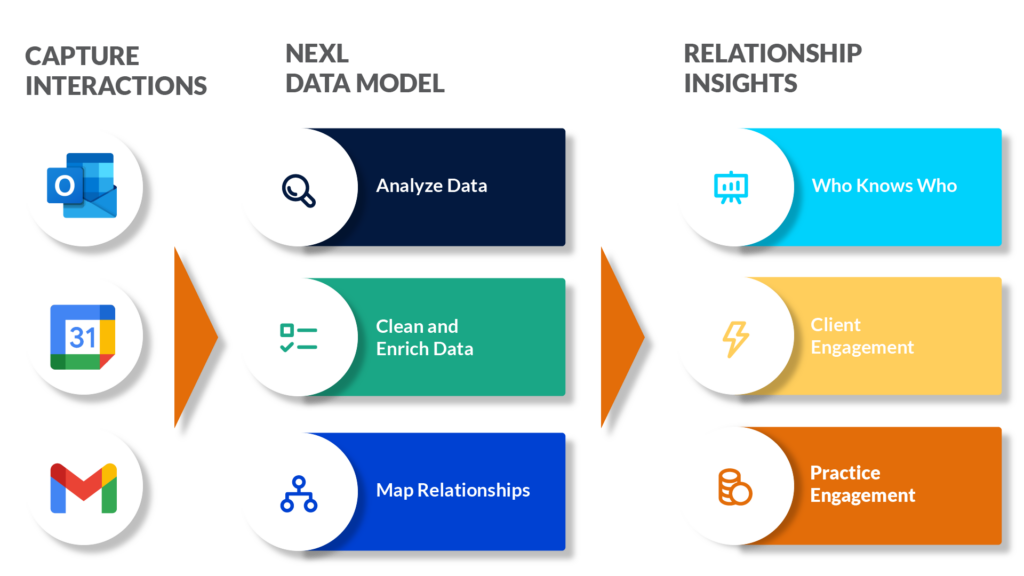
Nexl’s ERM enhances the CRM platform by automatically tracking interactions between clients and lawyers. This includes emails, meetings, virtual sessions, and phone calls. This holistic view is there to help law firms analyze relationship strength and identify key connectors within the organization.
2. Relationship Strength Analysis:
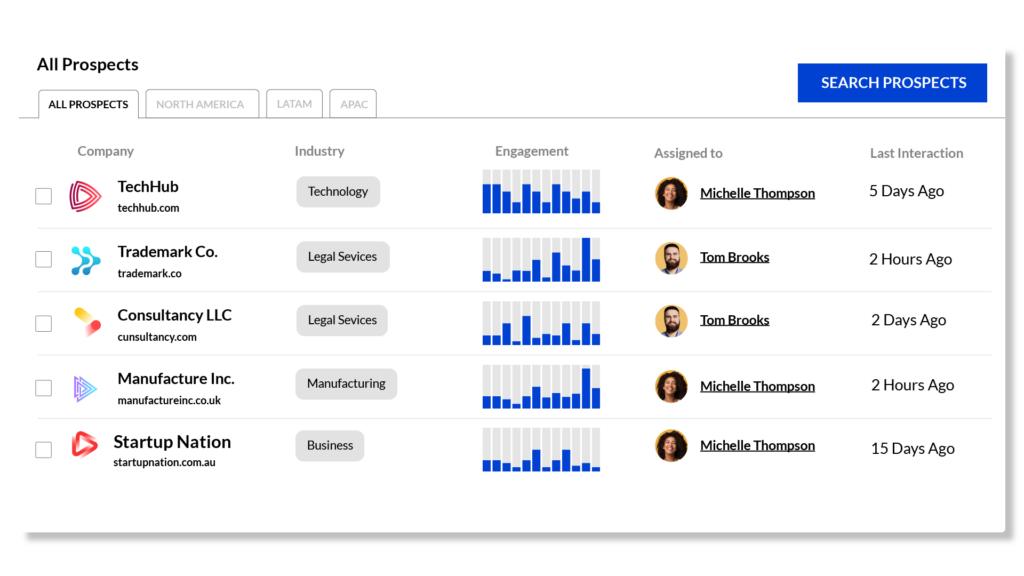
With Nexl capturing comprehensive interactions, it allows lawyers to automatically assess their relationship strength. By ranking communication and connections, these systems highlight individuals with the strongest rapport with each client, enabling effective leveraging for the law firm’s benefit.
3. Project Management:
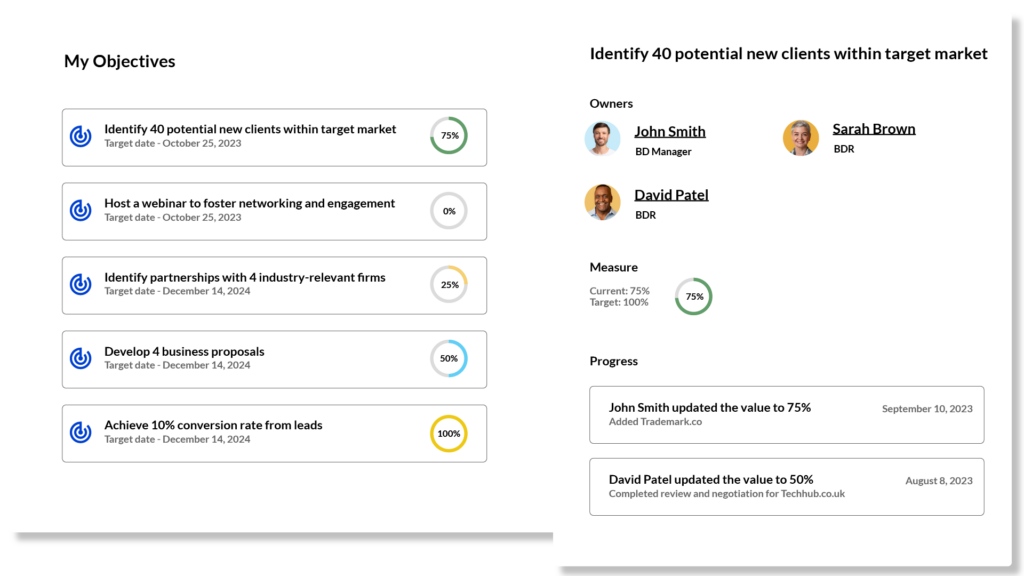
Nexl’s system simplifies identifying and assigning business opportunities to the right team members. Once a project has been created within Nexl (i.e. Conference Planning Project), the project template streamlines workflows to ensure timely actions. This enhances both the team’s and the firm’s chances of a successful project.
4. Opportunity Analysis
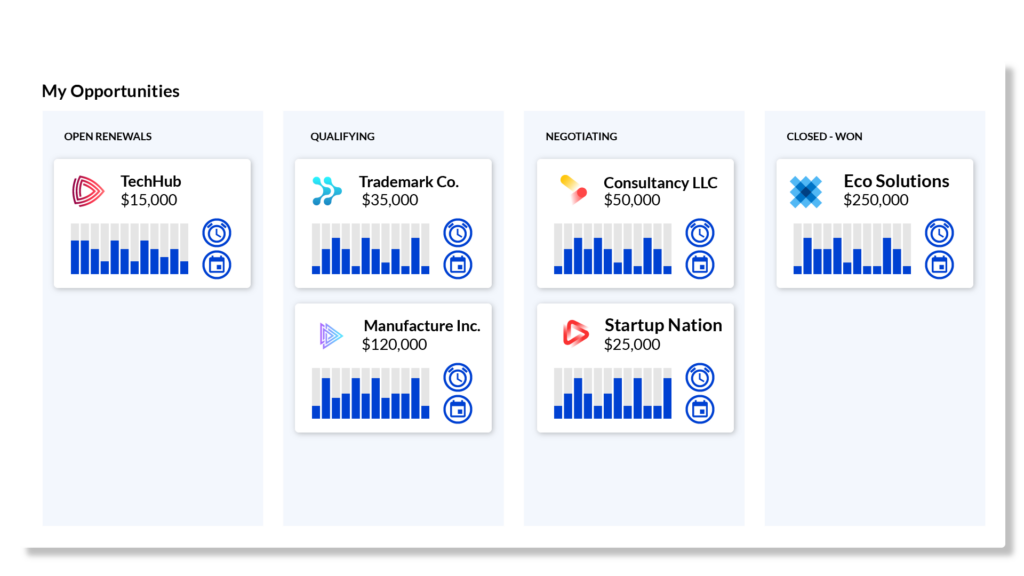
Nexl analyzes relationships and interactions to help law firms identify service gaps. This can be done by comparing the legal work offered to what clients receive. Nexl uses the client’s feedback and the overall success of the project to confirm these trends. Furthermore, this will help law firms identify cross-selling opportunities and tailor offerings to client needs.
5. Referral Management
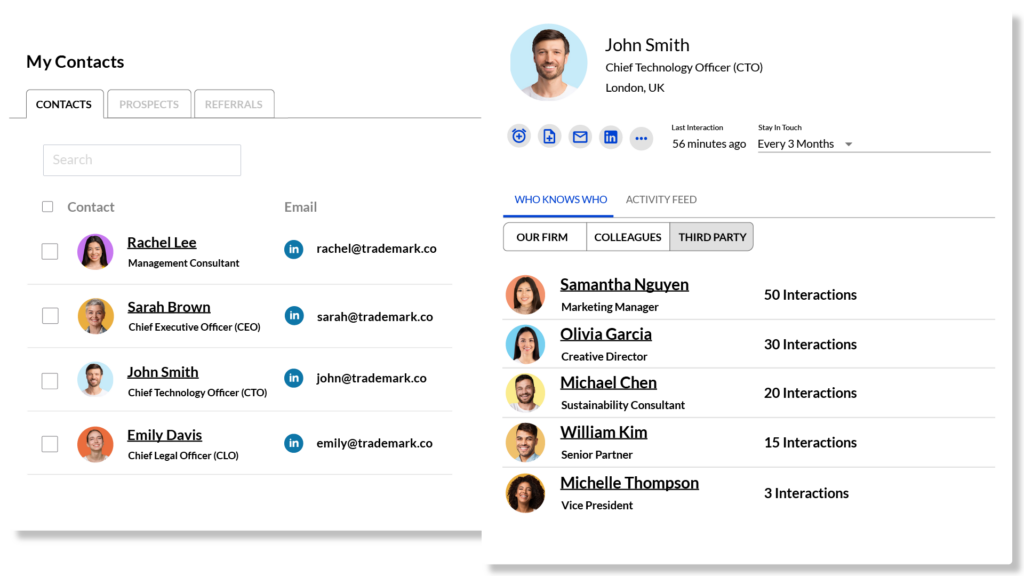
Nexl’s who-knows-who capability is a tool that can encourage referrals. Law firms often exchange referrals with other legal professionals. Nexl tracks these transactions, helping firms manage reciprocity, protect relationships, and maximize referral-based opportunities.




